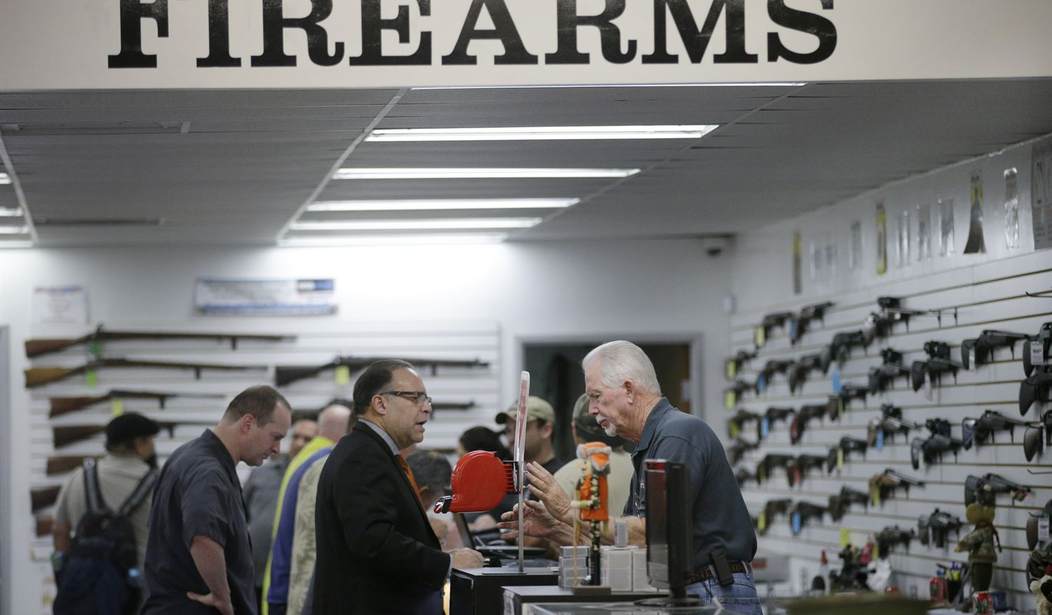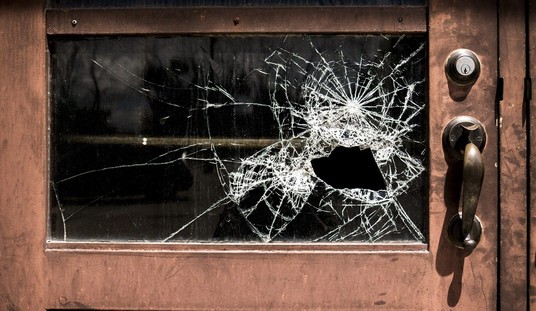If you lose your Second Amendment rights because of a criminal conviction in Arkansas, it's possible (if not exactly easy) for you to have your rights restored in the future. If, on the other hand, someone is prohibited from possessing a firearm because of an involuntary mental health commitment in their past, there's no way to get those rights back, even if the underlying mental health issues have been treated and dealt with.
Arkansas Attorney General Tim Griffin thinks that needs to change, and on Monday Deputy Attorney General Alexandra Benton told lawmakers it's up to them to make it happen.
Arkansas Code 5-73-103 "prohibits the possession of firearms by persons who have a prior felony conviction, who have been adjudicated mentally ill, or who have been involuntarily committed to a mental institution," according to a handout summarizing state laws related to the subject of Monday's meeting.
"Under this statute, there's no path to regain gun rights if you've been involuntarily committed, even for a few days, to a mental institution," Benton said.
While the law states the governor can restore the right of a convicted felon or an adjudicated delinquent to own and possess a firearm upon the recommendation of the chief law enforcement officer in the jurisdiction in which the person resides, it does not explicitly offer similar relief to a person who has been involuntarily committed.
Benton said the attorney general's office recommends "crafting some sort of mechanism or procedure" to allow someone who lost their gun rights as a result of their commitment to regain them.
She didn't delve into details of what such a mechanism may look like, saying instead, "We don't have any recommendations as to the specifics today, but we wanted to flag that for the committee's work."
State Sen. Ricky Hill, R-Cabot, who co-chairs the subcommittee, recommended the suggestions for further study. His motion was seconded and approved. Speaking after the meeting, Hill said his recommendation on the issue was "self-explanatory" and that he didn't have anything to add.
Rep. Johnny Rye, R-Trumann, said he believes people who were involuntarily committed but are a "good citizen" and haven't committed a violent crime should have a path available to them for restoring their gun rights.
"We need to help these folks," he said.
I agree. While some individuals with severe mental illness may not be suitable to having their rights restored, there are plenty of people who were involuntarily committed because of a mental health crisis that's now been addressed and has long since passed. Those folks aren't a danger to themselves or anyone else, but because of the fact that they were once involuntarily committed, they're now barred for life from exercising their Second Amendment rights.
I'm glad to see lawmakers in Little Rock seem interested in exploring a way to restore their rights, even if no one is talking specifics yet. It shouldn't be too difficult to come up with a rights restoration process that allows those who've previously been involuntarily committed to show that they're no longer a danger, have not been in trouble with the law since their commitment, and can once again have full access to their right to keep and bear arms. This would not only be the right thing to do from a Second Amendment perspective but would help to destigmatize seeking mental health treatment in general; something that both sides of the gun control debate should support.









Join the conversation as a VIP Member